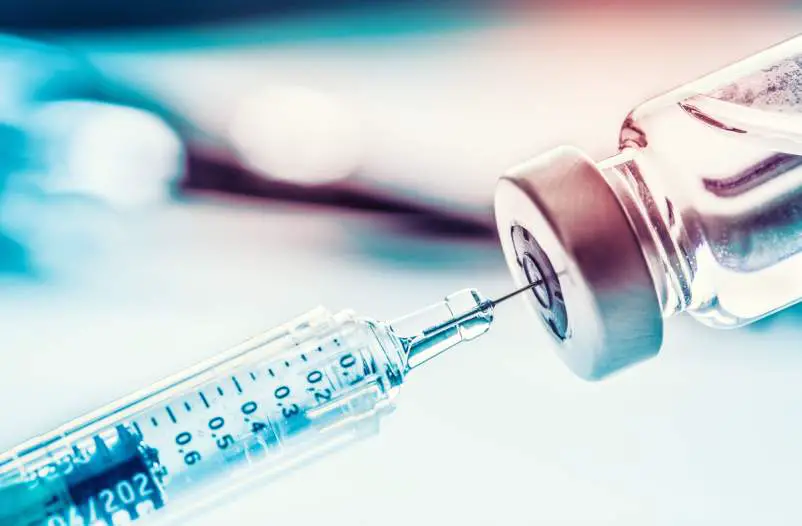Rwanda has officially launched the use of long-acting injectable pre-exposure prophylaxis (PrEP) as part of its ongoing efforts to reduce the spread of HIV/AIDS.
PrEP is a medication designed to prevent HIV infection in individuals at high risk. It works by creating a protective barrier in the body that blocks the virus from establishing an infection if exposed. The injectable form of PrEP, known as Cabotegravir (CAB-LA), was introduced on January 3 and is currently being tested in a pilot program at two health centers in Kigali: Gikondo and Busanza. Based on the pilot’s success, Rwanda plans to assess the feasibility of a nationwide rollout.
Dr. Basile Ikuzo, Director of the HIV Prevention Unit at the Rwanda Biomedical Center (RBC), said the injectable PrEP is administered every two months, offering a significant advantage over daily oral doses. This extended dosing schedule aims to improve adherence by addressing the challenges many people face with daily pill intake.
“Injectable PrEP provides a more convenient and discreet option for those at high risk of HIV,” Ikuzo said. “It targets groups like female sex workers, men who have sex with men, discordant couples, and adolescent girls and young women.”
The new option is specifically designed for individuals who struggle with daily oral medication, and it is not intended for the general population. Ikuzo added that the injectable version could help reduce the stigma sometimes associated with oral PrEP, particularly among young people.
Rwanda has made significant strides in reducing new HIV infections, with the number of annual cases dropping from 10,000 a decade ago to about 3,000 today. Dr. Ikuzo stressed that expanding prevention options, such as injectable PrEP, is critical to maintaining and accelerating this progress.
“This initiative is part of our broader strategy to ensure that everyone at risk has access to the best tools for HIV prevention,” Ikuzo said.
The pilot phase of the injectable PrEP program will last one year, with ongoing monitoring to evaluate its effectiveness and acceptability. Feedback from participants will be used to determine the next steps for scaling up the program.
“At the end of the pilot, we will analyze the data to decide whether to expand the program to all health facilities or continue with oral PrEP,” Ikuzo said.
As with other HIV prevention services in Rwanda, injectable PrEP is provided free of charge. RBC is also preparing a public awareness campaign to educate targeted populations about the new option.
“We began sensitization efforts in December and plan to roll out a more comprehensive campaign by the end of June,” Ikuzo added.
Rwanda is considered one of the leading countries in managing HIV/AIDS, having met the “95-95-95” target set by the Joint United Nations Programme on HIV/AIDS (UNAIDS).

